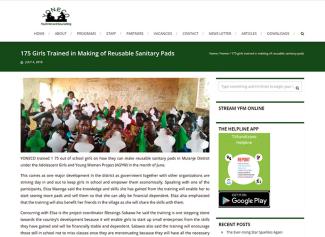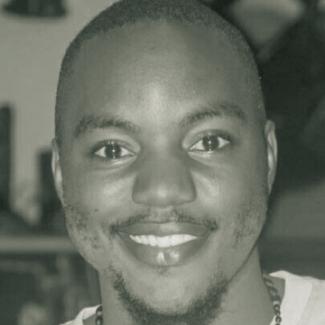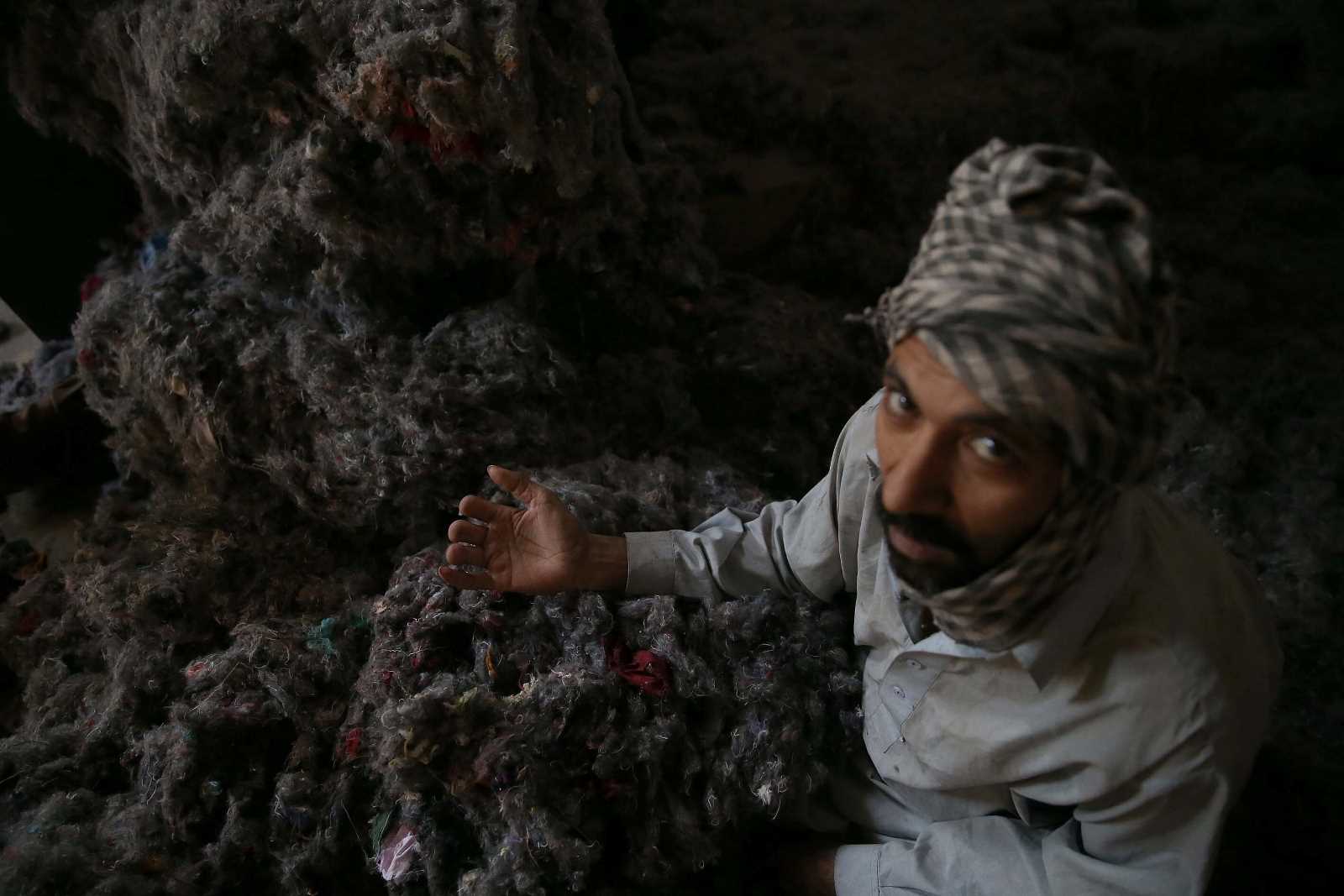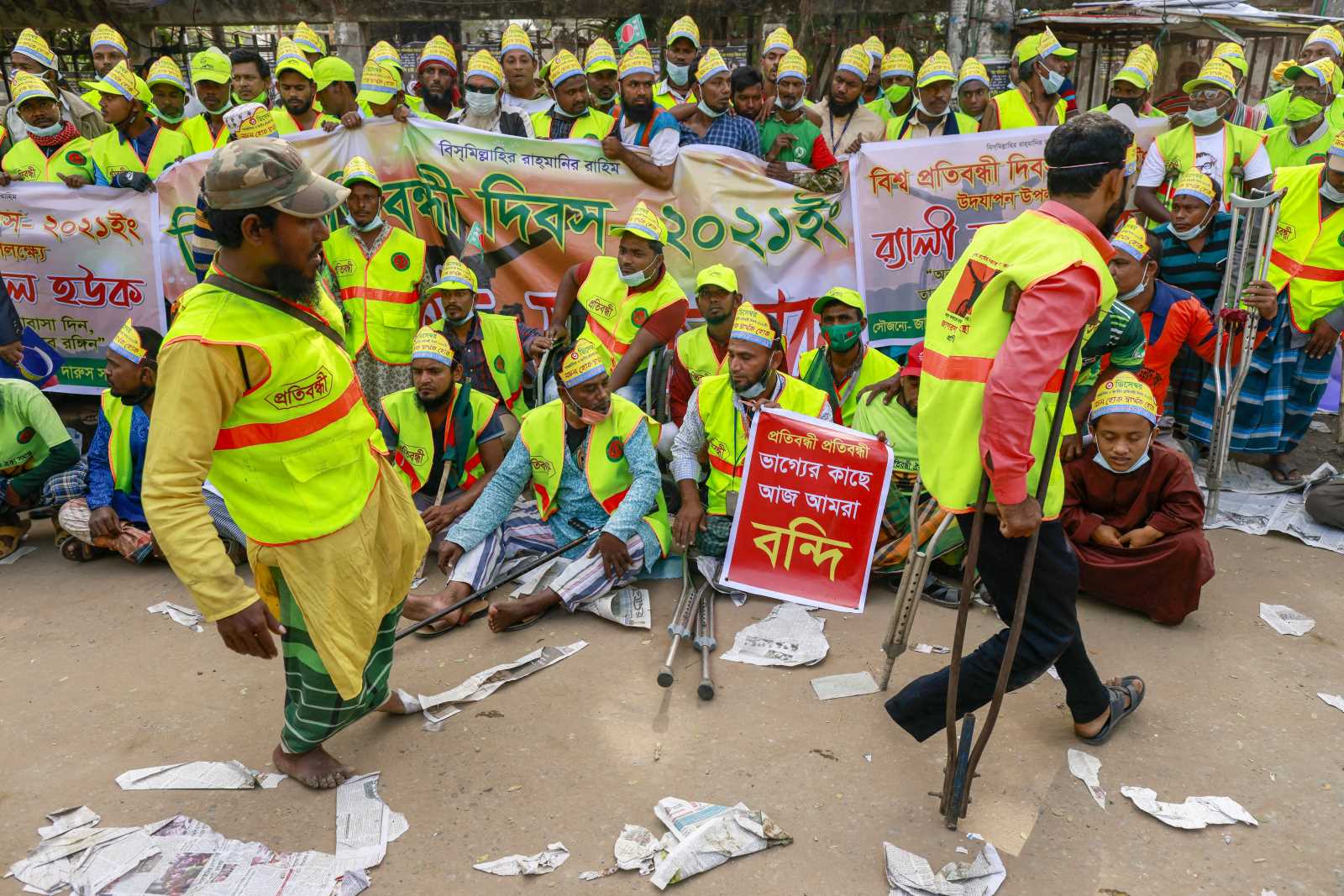Reproductive health
Making sanitary pads

In the lack of menstrual products, many girls miss school when they have their period. A UNESCO report estimates that at least one in ten girls misses school every day in sub-Saharan Africa. Far too many girls even drop out completely once they begin menstruating. They are likely to marry early and contract HIV/AIDS, continuing a vicious cycle of deprivation and misery. The stigma and shame surrounding menstrual hygiene are a huge challenge. That many schools do not have proper toilets compounds the problem.
For most girls, the menstruation period per month is four to six days. If it starts on a Sunday, the student is likely to miss lessons for the next five days. On average, a girl misses five days per school term. Therefore, menstrual health campaigners in Malawi are trying to change the narrative and break the silence.
Since 80 % of Malawi’s people live in rural areas, these campaigners must reach out to village teenagers. They teach them to make reusable sanitary pads from locally available materials such as cotton, pieces of cloth and various fabrics. Participants learn how to sew the pads.
In the Mulanje District, one of the civil-society organisations involved is YONECO (Youth Net and Counselling). McBain Mkandawire, its executive director, says: “We want to make sure that girls are in school and they don’t have to miss classes once they begin menstruating, we want them to have access to sanitary pads in order to manage their menstrual processes while they still attend classes.”
Mkandawire says that the initiative also helps to avoid HIV/AIDS infections. He points out that poor girls who desperately need money are likely to resort to prostitution. By tackling menstrual hygiene, YONECO is reducing the financial pressures they face. He points out that the sanitary pads that are sold in retail shops are often unaffordably expensive. The programme gets support from the non-governmental agency Global Fund through Action Aid and Christian Aid.
Self-help is therefore essential. YONECO organises adolescents in girl clubs. With support from the Global Fund, it has taught almost 2,700 girls the necessary skills since 2006. They also distribute pads in schools free of charge. Pads are also sold at affordable prices in shops. To the same extent, this has become an income-generating activity.
The pads are very easy to use. They must be washed after use and can last for close to a year, reports Elita Lijoni, one of the girls involved. She says that school attendance has improved: “We are happy to be dealing with the issue of school dropout among girls in our area, we want to make sure that they complete their education and, thereafter, meaningfully contribute to the development of the country.”
Thoko Masauli, another girl in her club, says they want to reach out to as many schools as possible. “We hope to extend supplying the pads beyond our district.”
Rabson Kondowe is a journalist based in Blantyre, Malawi. He is interested in social development, health and business related stories.
kondowerabie@gmail.com
Link
YONECO:
https://yoneco.org













